Classroom Resources
The HA has spent a great deal of effort in developing resonant support for the Key Stage 2 curriculum. Most you will find here, especially the articles and reviews from Primary History. Read more
Sort by:
Date (Newest first) | Title A-Z
Show:
All |
Articles |
Podcasts |
Multipage Articles
-

Extending Primary Children's thinking through artefacts
ArticleClick to view -
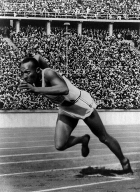
From Champion to Hero: Engaging Pupils in a study of significant Olympians
ArticleClick to view -

From Home to the Front: World War I
ArticleClick to view -

Helping pupils to view historical film critically
ArticleClick to view -

History, ICT and the digital age
ArticleClick to view -

History, artefacts and storytelling in the 2011 primary curriculum
ArticleClick to view -
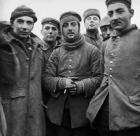
Ideas for Assemblies: Lest we forget
ArticleClick to view -

Ideas for Assemblies: Refugee stories
ArticleClick to view -

In My View: Creativity & History
ArticleClick to view -
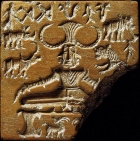
Investigating the Indus Valley (2600-1900 B.C.)
ArticleClick to view -

Investigating the ancient Olympic games: A Case Study
ArticleClick to view -

Learning to engage with documents through role play
ArticleClick to view -

Local railway history: using visual resources
ArticleClick to view -
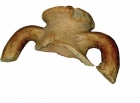
Ordinary Roman life
ArticleClick to view -

Our Iron Age challenge
ArticleClick to view -
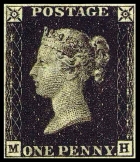
Overground, underground and across the sea
ArticleClick to view -

Place-names and the National Curriculum for History
ArticleClick to view -

Planning for local history
ArticleClick to view -

Political literacy: citizenship through the English national curriculum's the Romans in Britain study unit
ArticleClick to view -

Pride in place: What does historical geographical and social understanding look like?
ArticleClick to view

